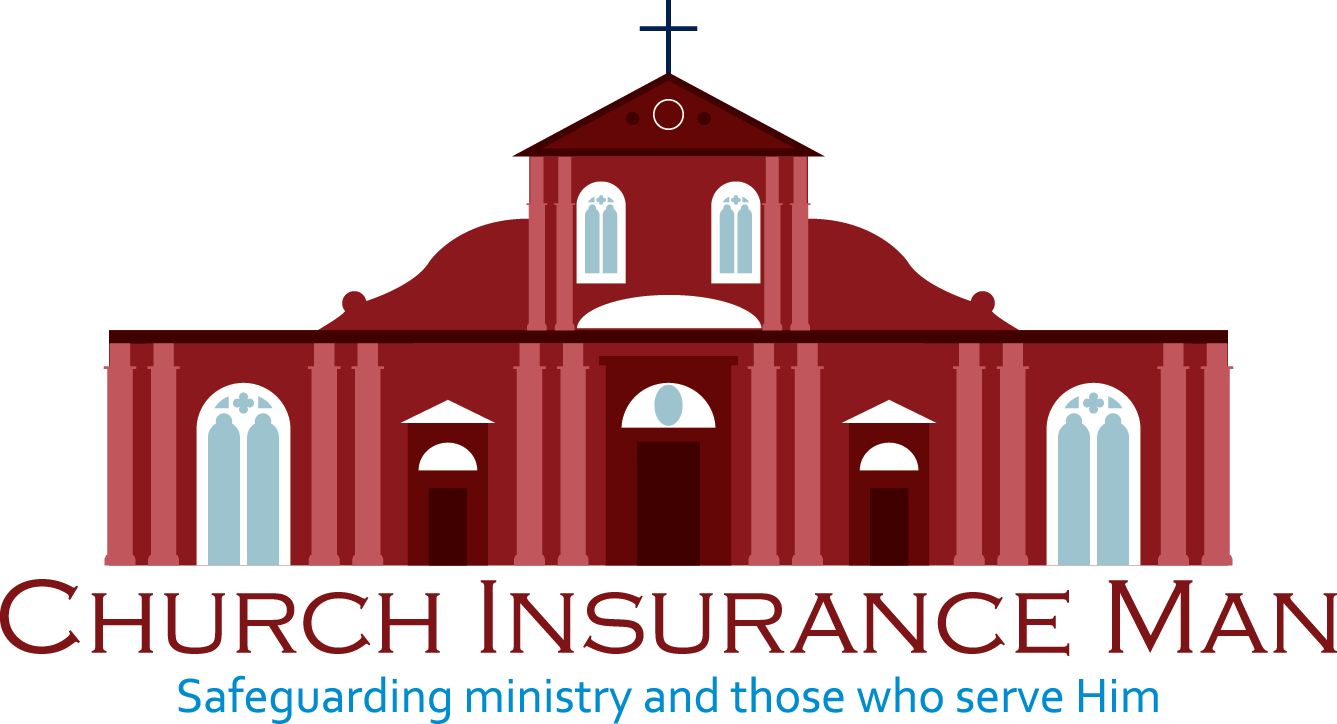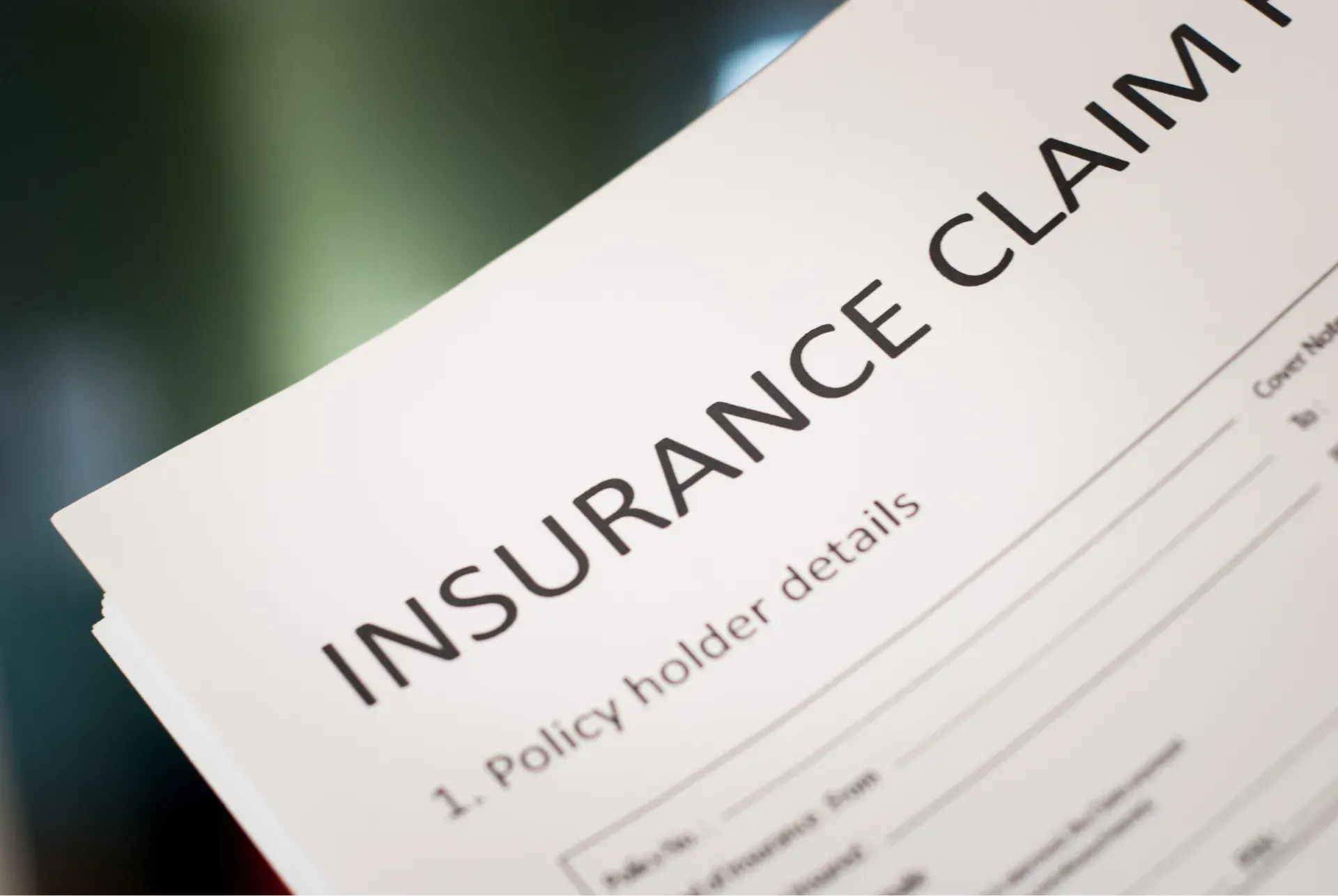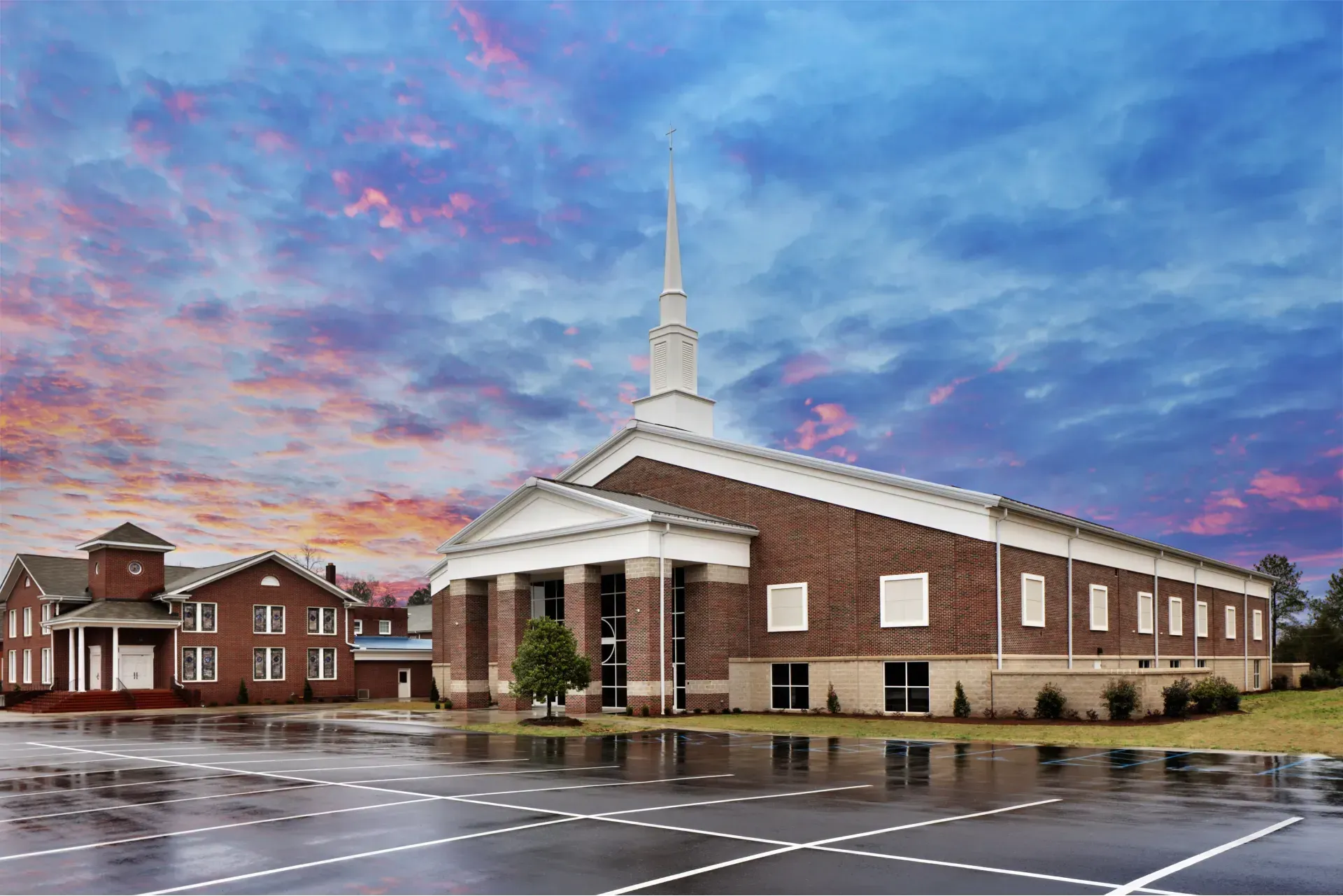Protecting Your Church's Digital Presence
In today’s technology-driven ministry landscape, churches are increasingly embracing digital tools to connect with their congregations, manage operations, and collect donations. From livestreaming Sunday services to managing member data in the cloud, these online tools offer convenience, flexibility, and growth opportunities. However, they also introduce significant cybersecurity risks that many churches are unprepared to handle. Understanding the threats, consequences, and safeguards available is essential to protect your church’s ministries and reputation.
Why Churches Are Vulnerable to Cyber Threats
Many churches believe that because they are not large corporations or financial institutions, they are not attractive targets for cybercriminals. Unfortunately, that is far from true. Churches hold valuable information, such as donor records, staff and volunteer data, and financial account details. They often use online giving platforms, send regular emails, store files in cloud systems, and operate websites and livestreams. These systems, if not properly secured, can be easy entry points for cyberattacks.
Phishing emails are among the most common threats. These emails may look legitimate and convince staff to click on malicious links or provide login credentials. Ransomware attacks are also prevalent, in which criminals lock down access to your church’s data and demand payment to restore it. Even basic website vulnerabilities can expose sensitive member data to outside parties. Because churches often lack a dedicated IT department or cybersecurity budget, they are more likely to fall victim to these types of attacks.
Consequences of a Cyber Incident
Data Breaches and Privacy Concerns
When a church experiences a data breach, the most immediate concern is the exposure of sensitive information. This can include donation histories, bank details, email addresses, and even medical or counseling records. Churches are stewards of deeply personal information, and losing control over that data can damage relationships with members, guests, and volunteers.
Financial Loss and Downtime
Cyberattacks often result in direct financial loss, whether through stolen funds, ransom payments, or fraudulent activity. Additionally, a church may need to pause its operations during a cyber incident. This can halt donation processing, disable online event registration, and prevent communication with members. In many cases, these interruptions happen at the worst times, such as during holidays or major events.
Reputational Damage
One of the most lasting effects of a cyberattack is the erosion of trust. People expect their church to protect their information and communicate transparently. If a breach is mishandled or not addressed properly, it can create doubts about leadership and impact attendance and giving. The church’s public image, both locally and online, may also suffer.
Best Practices for Cybersecurity in Churches
To reduce risk, churches need to implement practical, ongoing cybersecurity measures. Training staff and volunteers is a foundational step. Everyone who accesses church systems should know how to recognize phishing emails, avoid weak passwords, and report suspicious activity.
Enabling two-factor authentication on important accounts provides an extra layer of protection, especially for email and cloud services. Antivirus software should be installed and kept up to date on all devices. Systems and applications should also be updated regularly to patch known vulnerabilities.
Churches that use public Wi-Fi or share computers for ministry purposes should have clear usage policies in place. Even basic steps like backing up files regularly and limiting access to sensitive systems can make a significant difference.
How Cyber Liability Insurance Helps
While proactive cybersecurity measures are essential, they may not always be enough to prevent an attack. That is why cyber liability insurance is a critical safety net for ministries. This type of policy helps churches recover from the financial and operational consequences of a cyber incident.
Covers Data Recovery and IT Services
Cyber insurance typically includes coverage for data restoration and professional IT services to investigate the breach. These services help determine what happened, what data was affected, and how to stop similar incidents in the future.
Legal and Regulatory Compliance Costs
In Georgia, organizations that experience a data breach are legally required to notify affected individuals and may face regulatory scrutiny. Cyber liability insurance can help cover the cost of legal counsel, compliance requirements, and any potential fines or penalties.
Notification Services and Crisis Management
Timely and transparent communication is vital after a breach. Many policies provide access to professionals who manage public relations, draft notification letters, and coordinate identity protection services for affected individuals. This helps preserve the church’s reputation while ensuring members are properly informed and supported.
Church Insurance Man’s Cyber Liability Solutions
Church Insurance Man understands the unique digital risks facing ministries today. Their cyber liability solutions are designed specifically for churches, offering coverage that aligns with how ministries use technology.
Churches today depend on a range of digital tools, including online giving platforms, livestream software, membership databases, and communication platforms. Church Insurance Man offers policies that protect these systems and the people who rely on them. Whether your church has a full tech team or relies on volunteers, the coverage is flexible and scalable to fit your needs.
Church Insurance Man also provides personalized support throughout the policy lifecycle. If an incident occurs, you will receive expert guidance to navigate the claims process and protect your church's ministry and reputation.
Protect Your Ministry in the Digital Space
Your church’s ministry deserves protection on every front, including online. Cyber threats are not going away. In fact, they are growing in both sophistication and frequency. The more your church engages digitally, the more it must take steps to ensure security. Investing in proper training, smart practices, and cyber liability coverage is good stewardship.
If your church has not reviewed its cyber protection plan recently, now is the time. Church Insurance Man can help you assess your current risk level, explore appropriate coverage options, and take steps toward a more secure digital future. Whether you have already experienced an incident or want to be proactive, the support is here.
Reach out to Church Insurance Man at 470-375-8274 or on our website and gain peace of mind that your church is protected.











